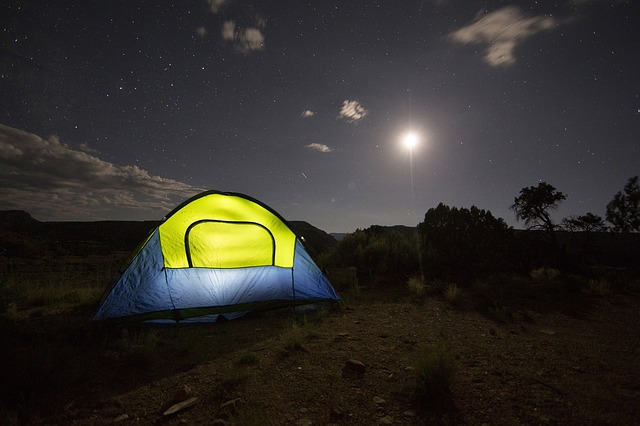
Long-haul travel may have become much cheaper over recent years, but that doesn’t mean to say that camping is dying a death. On the contrary, it appears to be doing the opposite, with the holiday experiencing a surge in popularity as more people opt for a staycation during their annual leave.
Of course, heading to a campsite is anything but an all-inclusive vacation. On the most part, it’s a no-frills approach, and you are generally left to your own devices to arrange anything.
This is the reason this post has been put together. We will now take a look at some of the key preparation steps you need to take ahead of your first camping expedition.
Invest in a good GPS tracker
This might seem something of a bizarre suggestion, but particularly if you are going to a more obsolete campsite a GPS tracker can be absolutely invaluable.
Let’s not forget that camping generally puts you in a completely remote environment, with access to few amenities. If there are no other families nearby, it means that if any sort of disaster does occur you are on your own.
A GPS tracker can at least alleviate such concerns, and also give some peace of mind to your family who are waiting at home.
Arrive early on your first day
It almost sounds like the type of advice you would be given on your first day at a new job. However, this arrival advice is actually related to getting to the campsite in good time.
In short, arriving in the depth of the night is simply asking for trouble. When darkness is casting over you, the last thing you need is to be fiddling around with your tent and trying to put it up. If you’ve never done it before, it’s just going to end in tears.
As well as this, you need to find your bearings somewhat. Each campsite is different and again, if you are heading to one of the quieter ones, it’s really better to gain an understanding of it when there’s plenty of light.
Meal planning 101
Let’s reiterate the point that this isn’t some sort of all-inclusive resort. On the contrary, you’re left to go it alone on the most part, and this couldn’t be truer when it comes to your meals.
Generally, restaurants are off the menu (pardon the pun). You’re out in the middle of nowhere, and heading to a restaurant sort of defeats the purpose of camping anyway.
Instead, it all needs to be done on-site. Of course, you don’t have a commercial kitchen at your disposal, and this is where meal planning enters the picture. Try to plan your meals for each day before you go, so you can stock up with food and just gain a good idea of what you are eating. If you don’t, the kids will get hungry, you will get irritated, and you won’t be set for pleasant evenings by the fire.


